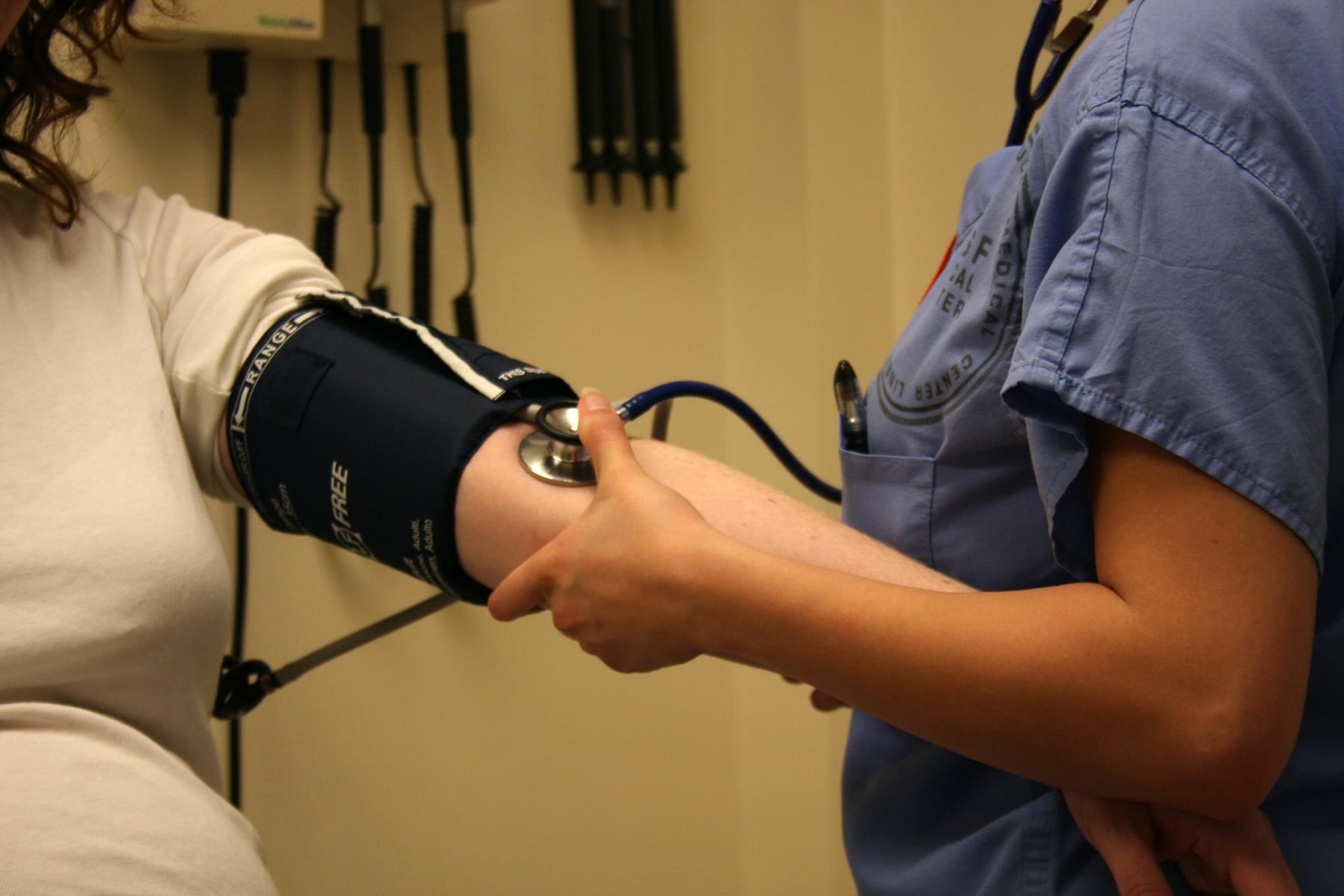Prostate Cancer Screenings: Who Really Needs Them
| 3 min read
Medical Officer

- Start at age 50 if you have an average risk of prostate cancer and are in generally good health.
- Start at age 45 if you have a higher risk of developing prostate cancer. This includes African Americans and men who have a first-degree relative (father, brother or son) diagnosed with prostate cancer at an early age (younger than age 65).
- Start at age 40 if you have an extremely high risk (those with more than one first-degree relative who were diagnosed with prostate cancer at an early age).
- Blue Cross Helps Make Michigan One of the Safest States for Prostate Biopsies
- What to expect when you’re expecting a prostate exam (with video — seriously)
- [INFOGRAPHIC] Men’s Health Needs, Decade by Decade





